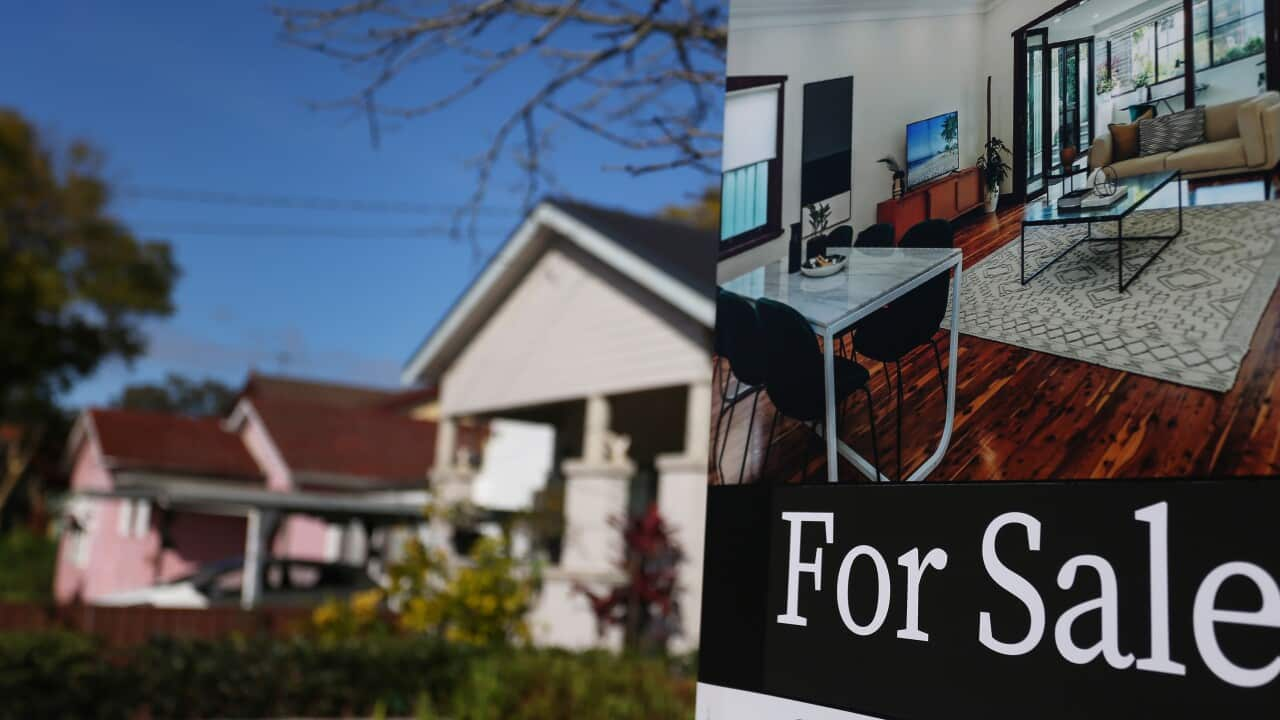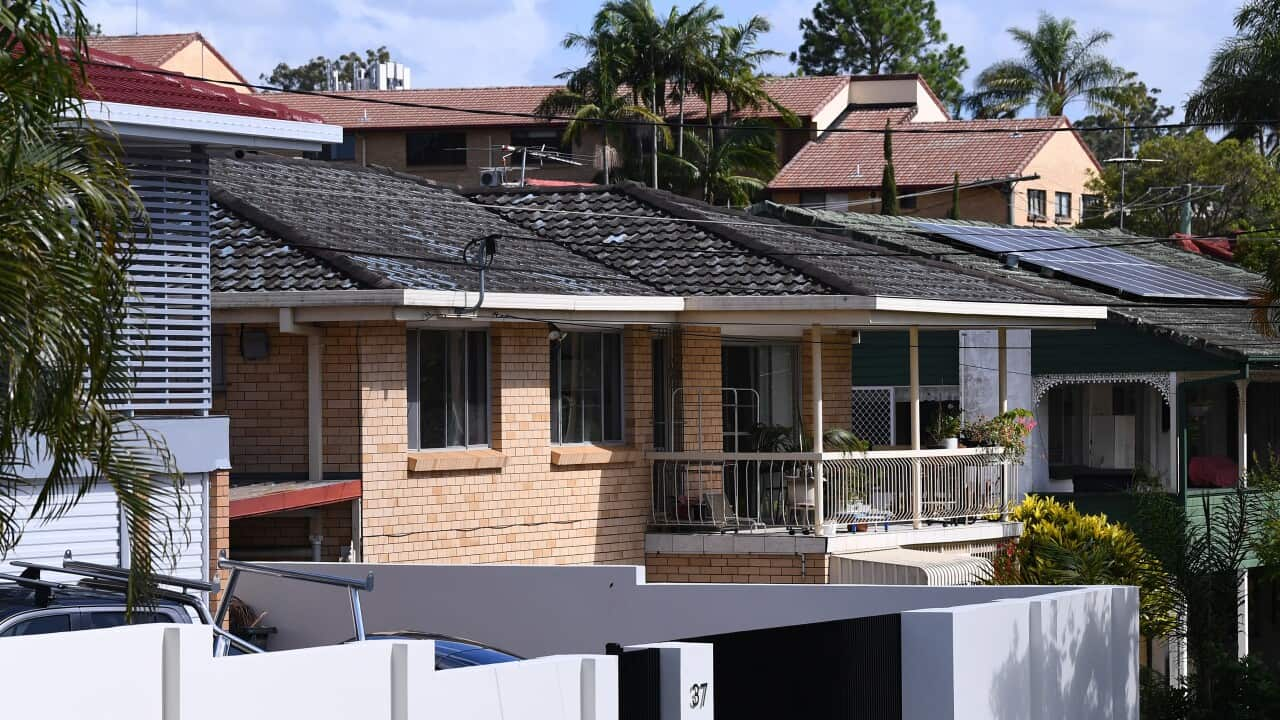Philip Lowe is due to step down as head of the Reserve Bank of Australia (RBA) later this month, with his deputy Michele Bullock to take on the role.
He made his final remarks as RBA governor at a speech in Sydney on Thursday.
Here are the key takeaways.
Interest rates weren't wholly responsible for high house prices
Lowe commented on the role of interest rates in the housing market.
"Interest rates influence housing prices, but they are not the reason that Australia has some of the highest cost of housing in the world," he said.
Rather, the high cost of housing in Australia was a "serious economic and social problem" stemming from a range of choices made "as a society".
"Choices about where we live, how we design our cities, and zone and regulate urban land, how we invest in and design transport systems, and how we tax land and housing investment," he said.
He denied promising interest rates wouldn't rise until 2024
Lowe also acknowledged the difficulties he had faced communicating in the digital age.
There were lessons to be gleaned from his ill-communicated forward guidance - that interest rates would not start rising until 2024 - that landed him in hot water.
But he stressed this was not a "promise", but guidance with conditions attached, noting this was one of many points attributed to him inaccurately in his time as governor.
"As you know, interest rates started increasing in May 2022, and there has been much criticism of me and of the Reserve Bank since then, especially by those who borrowed during the pandemic based on our guidance."
He disputed his controversial flatmate comments
Lowe said he had not made points such as "..., people need to work more hours to make ends meet, and young adults should stay at home because of the rental crisis".
While acknowledging that some of his explanations had "missed the mark", he said "the media has some responsibility too".
"My view is that we will get better outcomes if the public square is filled with facts and nuanced and informed debate, rather than vitriol, personal attacks and clickbait."
More government help was needed to manage the economy
Lowe also called for a "stronger helping hand" from the government to manage the economy.
Interest rates were effective but had limitations, not least the fact their impacts were felt unevenly across the economy, he said.
Some innovative thinking would be needed to do this, Lowe said, and some rejigging of existing architecture.
He said it would become increasingly harder to keep interest rates in a narrow range. The RBA has an annual inflation target of 2-3 per cent.
But Lowe said: "My view is that it will be difficult to return to the earlier world in which inflation tracked in a very narrow range. The increased prevalence of supply shocks, deglobalisation, climate change, the energy transition and shifts in demographics mean either steeper supply curves or more variable supply curves."
"While this doesn’t mean that the inflation target can’t be achieved on average, it does mean that inflation is likely to be more variable around that target."












